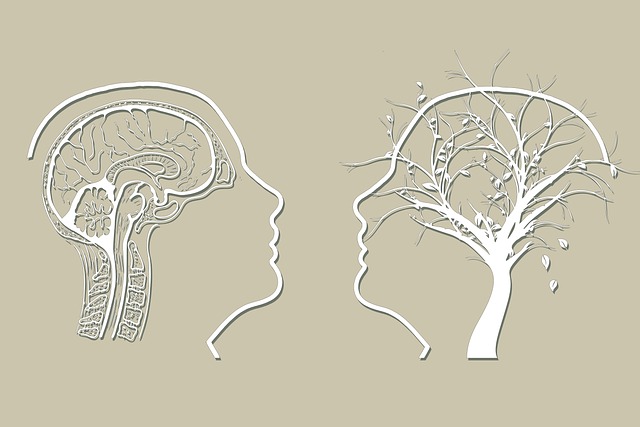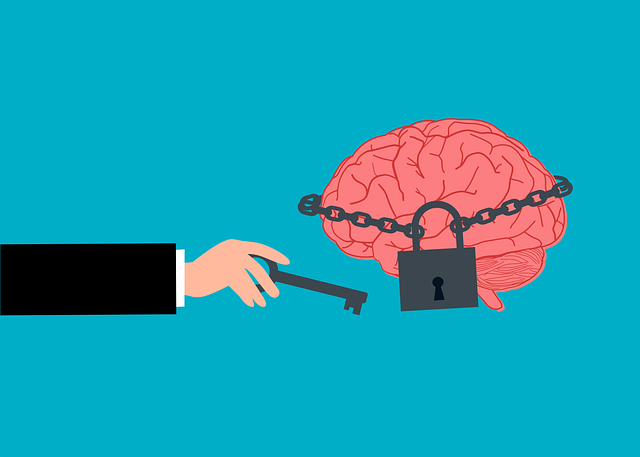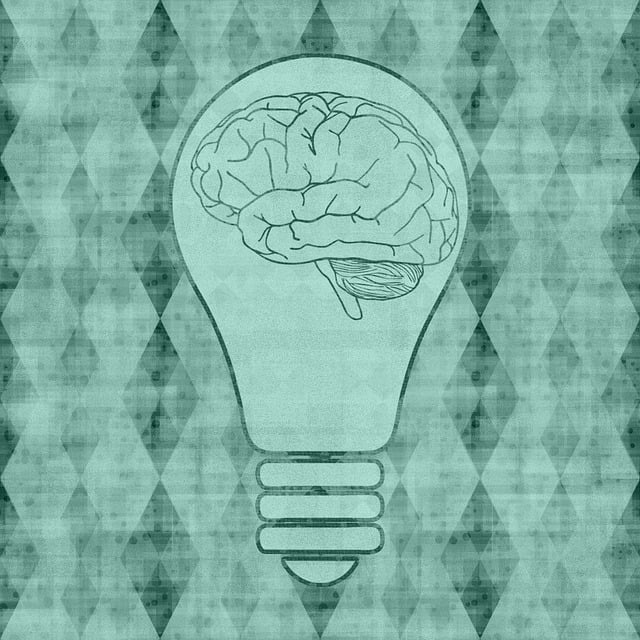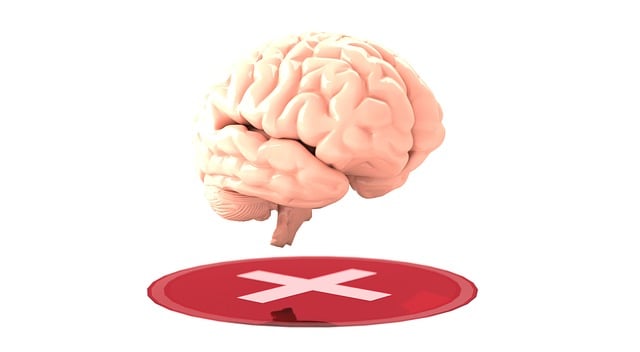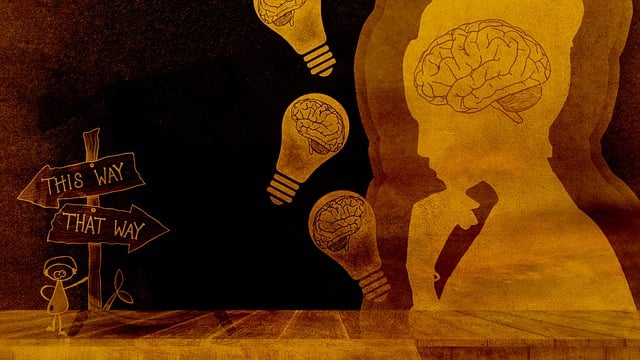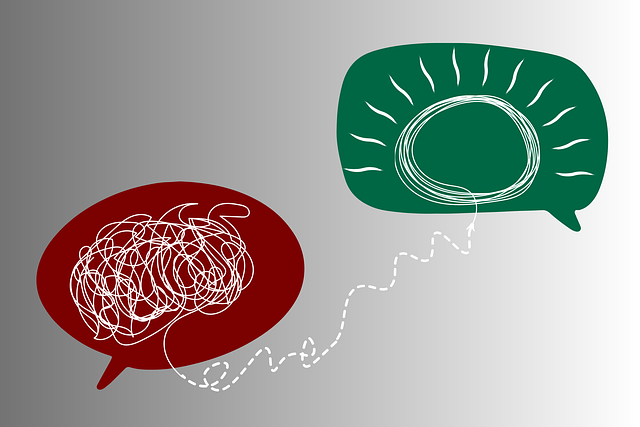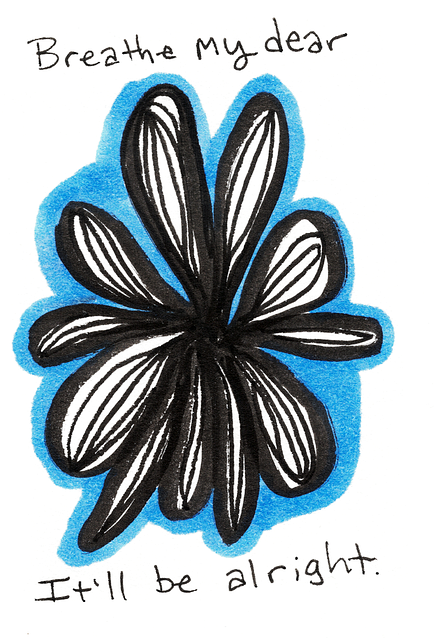Mental health advocacy, focusing on strategies like Golden Child Abuse Therapy, is a powerful tool for transforming societal attitudes and policies, aiming to destigmatize mental illness and ensure equitable access to care. This approach addresses hidden challenges faced by "Golden Children" – individuals appearing perfect but struggling internally – through therapy that boosts confidence, promotes self-acceptance, and teaches conflict resolution. Effective initiatives cater to diverse communities with culturally sensitive practices, creating safe spaces for validation and understanding. Accessing therapy for marginalized populations faces barriers due to historical trauma, systemic inequality, and stigma, requiring diversified services like mindfulness meditation and tailored exercises. Success stories show these efforts significantly improve child mental health by empowering them with coping skills, destigmatizing mental health concerns, and boosting self-esteem.
Mental health advocacy plays a pivotal role in fostering well-being and challenging societal stigmas. This article delves into the multifaceted world of mental health activism, focusing on key initiatives that drive positive change. We explore critical topics such as understanding advocacy’s impact, examining the ‘Golden Child’ phenomenon and its challenges, and uncovering effective strategies for accessible therapy, especially for vulnerable populations. By highlighting success stories from child therapy, we demonstrate the transformative power of advocacy in addressing mental health issues, with a specific focus on Golden Child Abuse Therapy.
- Understanding Mental Health Advocacy: Its Role and Impact
- The Golden Child: Defining the Concept and Unveiling Challenges
- Strategies for Effective Mental Health Advocacy Initiatives
- Overcoming Barriers: Accessing Therapy for Vulnerable Populations
- Success Stories: Transformative Power of Advocacy in Child Therapy
Understanding Mental Health Advocacy: Its Role and Impact

Mental health advocacy plays a pivotal role in shaping public perception and policy regarding psychological well-being. It involves championing for the rights and support of individuals facing mental health challenges, often aiming to break down societal barriers and stigmas. Advocacy initiatives can take various forms, from raising awareness through campaigns promoting positive thinking to pushing for changes in mental health policy analysis and advocacy. These efforts are crucial in ensuring accessible and quality care for all, especially for marginalized communities who may face additional hurdles, such as economic disparities or cultural biases within the healthcare system.
For instance, initiatives focused on improving healthcare provider cultural competency training can significantly impact minority groups, often overlooked by traditional therapy methods. By advocating for tailored approaches that consider diverse cultural backgrounds and experiences, mental health support becomes more inclusive and effective. Such advocacy efforts have the potential to transform lives, fostering a society where everyone has the chance to heal and thrive, regardless of their background or the nature of their struggle, even those facing complex issues like Golden Child Abuse Therapy.
The Golden Child: Defining the Concept and Unveiling Challenges

The term “Golden Child” refers to an individual who appears perfect on the surface, often excelling in various aspects of life and meeting high expectations set by parents or society. However, this facade can hide profound struggles with mental health issues stemming from excessive pressure, a need for approval, and lack of genuine self-expression. Golden Child Abuse Therapy focuses on uncovering these hidden challenges.
While the Golden Child may seem like an ideal role model, they often internalize conflicts and suppress emotions due to fear of disappointing others or losing their coveted status. This suppression can lead to heightened anxiety, depression, and other mental health disorders. The therapy aims to foster open communication, encourage self-acceptance, and teach effective conflict resolution techniques to boost confidence and promote a healthier sense of self. By addressing these underlying issues, the Golden Child can move towards a more authentic and balanced life, enhancing their overall mental health awareness.
Strategies for Effective Mental Health Advocacy Initiatives

Mental health advocacy initiatives are most effective when they employ a multi-faceted approach that caters to diverse communities. One key strategy is mental health education programs design tailored to specific cultural contexts, ensuring cultural sensitivity in mental healthcare practice. By providing information and resources that resonate with different backgrounds, these programs can break down barriers and encourage individuals to seek help without stigma.
Additionally, initiatives should focus on fostering emotional healing processes through safe spaces and supportive networks. This includes integrating traditional therapy methods like Golden Child Abuse Therapy alongside innovative practices that address the unique needs of various demographics. By combining cultural awareness with evidence-based treatments, mental health advocacy groups can create inclusive environments where individuals feel validated, understood, and empowered to prioritize their well-being.
Overcoming Barriers: Accessing Therapy for Vulnerable Populations

Accessing therapy for vulnerable populations is a significant challenge often exacerbated by unique barriers. Stigma surrounding mental health issues, especially in communities affected by historical trauma or systemic inequality, can prevent individuals from seeking help. For instance, The Golden Child Abuse Therapy program recognizes that childhood experiences of neglect and abuse can have lasting impacts on an individual’s mental health, yet many survivors face obstacles when trying to access treatment due to cultural taboos or fear of judgment.
Overcoming these barriers requires a multi-faceted approach. Mental health organizations must prioritize the diversification of their services to cater to diverse populations. This includes integrating practices like mindfulness meditation and self-awareness exercises tailored to address specific trauma. Increasing mental health awareness, especially within marginalized communities, is crucial. By fostering an environment where seeking therapy is normalized, individuals are more likely to take that first step towards healing and recovery.
Success Stories: Transformative Power of Advocacy in Child Therapy

In the realm of child therapy, mental health advocacy initiatives have proven to be game changers, especially in addressing issues like Golden Child Abuse Therapy. Success stories abound of children whose lives were transformed through effective advocacy. These narratives highlight the power of raising public awareness about child mental health and implementing targeted interventions. By integrating conflict resolution techniques into therapeutic practices, professionals can help young individuals develop essential coping skills and build resilience.
Advocacy efforts also extend to public awareness campaigns development, which play a crucial role in destigmatizing mental health concerns among children. Such initiatives ensure that parents, caregivers, and educators are equipped with the knowledge to recognize signs of distress and offer support. Furthermore, focusing on self-esteem improvement through therapy sessions equips children with the confidence to navigate challenges and embrace their true selves, fostering overall well-being.
Mental health advocacy plays a pivotal role in creating a more supportive and accessible society. By shedding light on issues like Golden Child abuse therapy, we can break down barriers and ensure vulnerable populations receive the necessary care. The strategies outlined in this article offer practical paths forward, emphasizing the power of education, community engagement, and policy change. Success stories highlight the transformative impact of advocacy, inspiring us to continue pushing for a world where mental well-being is prioritized and protected for all.
